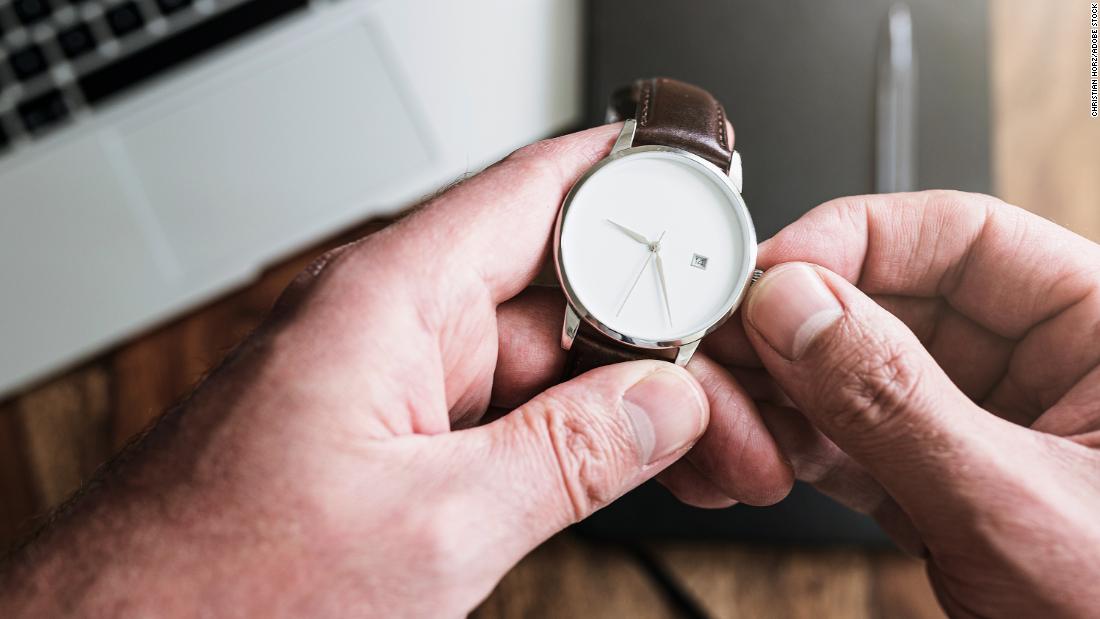If the bill can pass the House (where support seems less enthusiastic) and win President Joe Biden’s signature, there will be no more backtracking every fall. More daylight and more time changes.
Sounds good, right? Not so fast.
The Senate’s enthusiasm for permanent DST masks a real debate at the intersection of human psychology, economics, and our collective sleep cycle.
First, a little background. There is an age-old myth that daylight saving time was a practice adopted to give farmers more time in the sun to work out in the fields. But that’s not really why dozens of countries follow it.
Although the practice may help reduce some energy consumption, critics have raised concerns about whether the amount of energy saved is worth implementing the system worldwide.
The dissent of a sleep expert
While there may be debate in the House, there isn’t within the sleep expert community, which argues that permanent daylight saving time is a bad idea.
The law on sun protection? “You might as well call it the Dark Protection Act,” Johns Hopkins University sleep medicine expert Dr. David Neubauer told What Matters.
“No one creates sunshine in this law anymore. It’s just about stealing morning light, when we need it to boost our circadian clock, and adding it in the evening, when we really don’t have it. need,” he said.
The argument goes like this: During daylight saving time, the clock advances one hour, so sunrise and sunset occur one hour later than before. It also advances the body clock one hour. Thus, we may tend to go to bed later and have more difficulty getting up in the morning.
“It’s really ridiculous how promoting the sunscreen law suggested there would be metabolic benefits,” Neubauer said.
It’s the economy, sleepy
Another argument in favor of permanent daylight saving time posits that more daylight later in the afternoon will equate to more economic activity.
But that too is far from settled. PNC economist Kurt Rankin told What Matters: “If there is any economic impact, it’s short-lived. People are adjusting.”
“If we know anything, the American economy is driven by workers who take home a paycheck and spend it. And they’re going to find a way and they’re going to find a reason to spend their paycheck,” regardless of the time. of summer. Time, he said.
Supporters of the Sunshine Protection Act have specifically pointed to the hospitality sector, noting that more daylight could help support leisure businesses and outdoor entertainment venues.
Rankin, however, argues that the effects would be minimal considering the size of the US economy.
“Most parts of the country are too cold to enjoy these outdoor activities through the winter months anyway. So maybe southern places would benefit from that, but that would be a one-time benefit and people would adjust their schedules,” he said.
“And next year I would say people are already used to it. There wouldn’t be any disruption to the schedule, but it wouldn’t bring an advantage that wasn’t already realized.”
The psychology of the sun
Finally, a considerable part of the appeal of the Sunshine Protection Act rests on the idea that people value the sun more than the darkness.
Here, the supporters of the bill are right. “You don’t need an advanced degree in clinical psychology to know that exercising and being outdoors is probably a good thing,” said Kevin Bennett, professor of social personality psychology at the Pennsylvania State University at What Matters.
Time spent outdoors, Bennett said, “is wonderful for the body and for the mind and for general well-being. I think the real reason is because it’s tied to our ancestral past. If you look at the environment that humans have evolved in for thousands of generations, it was mostly outdoors and mostly in natural environments.”
And with an extra hour of sunshine, there are more opportunities for outdoor activities, the argument goes.
Bennett acknowledged the concerns of sleep experts, but called the potential move to permanent daylight saving time “a worthwhile experiment — something we should try.”
“And if it doesn’t work, we’ll go back in two years.”

